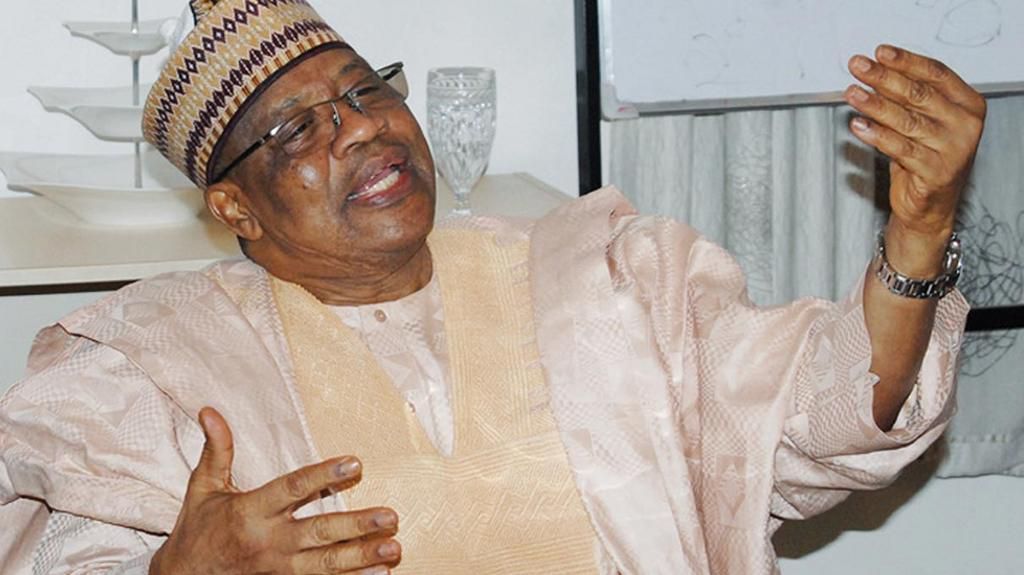
Former Nigerian military ruler, General Ibrahim Badamasi Babangida (IBB), has dismissed claims that the 1966 coup led by Major Kaduna Nzeogwu was an Igbo-driven plot.
In his book, A Journey in Service, Babangida argues that the coup was not motivated by ethnic interests, as widely speculated.
He explains that while Nzeogwu was Igbo by ethnicity, he was born and raised in Kaduna, spoke fluent Hausa, and identified more with the northern region.
Babangida describes Nzeogwu as “Hausa in character,” challenging the belief that the coup was designed to favor the Igbo.
He maintains that the coup leaders were primarily focused on reforming Nigeria and not advancing an ethnic agenda.
According to Babangida, the primary objective of the coup was to free Chief Obafemi Awolowo from prison and install him as Nigeria’s leader. He cites this as evidence against the claim that the plot was meant to benefit the Igbo, stating:
ALSO READ: I needed to save the nation - IBB justifies killing his boyhood friend Vatsa
“Those who argue that the original intention of the coup plotters was anything but ethnic refer to the fact that the initial purpose of the plotters was to release Chief Obafemi Awolowo ‘from prison immediately after the coup and make him the executive provisional president of Nigeria.’
"The fact that these ‘Igbo’ officers would do this to a man not known to be a great ‘lover’ of the Igbos may have given the coup a different ethnic colouration.”
Babangida also points out that several non-Igbo officers were involved in the coup, including Major Adewale Ademoyega, Captain Ganiyu Adeleke, and Lieutenants Fola Oyewole and Olafimihan. Some senior Igbo officers were among the casualties. Arthur Chinyelu Unegbe, who fellow officer Major Chris Anuforo executed. The coup was later crushed by Major John Obienu, an Igbo officer, further challenging the claim that it was an ethnically driven uprising.
However, Babangida acknowledges that the coup triggered violent reprisals from northern soldiers, leading to a counter-coup in July 1966, during which many Igbo soldiers and civilians were killed. He describes the chaotic and brutal nature of the counter-coup:
“ON JULY 28, 1966, things came to a head, and what has come to be known as the counter-coup of 1966 in Nigerian military history began.
"The Commanding Officer of the Abeokuta Garrison, Lt-Col. Gabriel Okonweze called a meeting of the rank and file of the Garrison to douse the rumours of another coup.
"Unfortunately, agitated and aggrieved junior northern officers who erroneously believed that the meeting was convened to complete the terrible killings begun during the January coup by Igbo officers burst into the forum, instantly killing Lt-Col. Okonweze and the Commander of the Recce Squadron, Major John Obienu, Lt A. L. Orok, who drove in from town and stumbled on the situation, was also gunned down, oblivious of the goings-on. Orok, by the way, was Efik, not Igbo.
ALSO READ: Babangida left us a better Nigeria; things are worse now - Peter Obi
"Later that night, other officers of Igbo extraction in and around the Garrison were identified and killed after a door-to-door search.”
Babangida’s account challenges long-standing narratives about the 1966 coup, offering an alternative perspective on the events that ultimately contributed to Nigeria’s civil war.